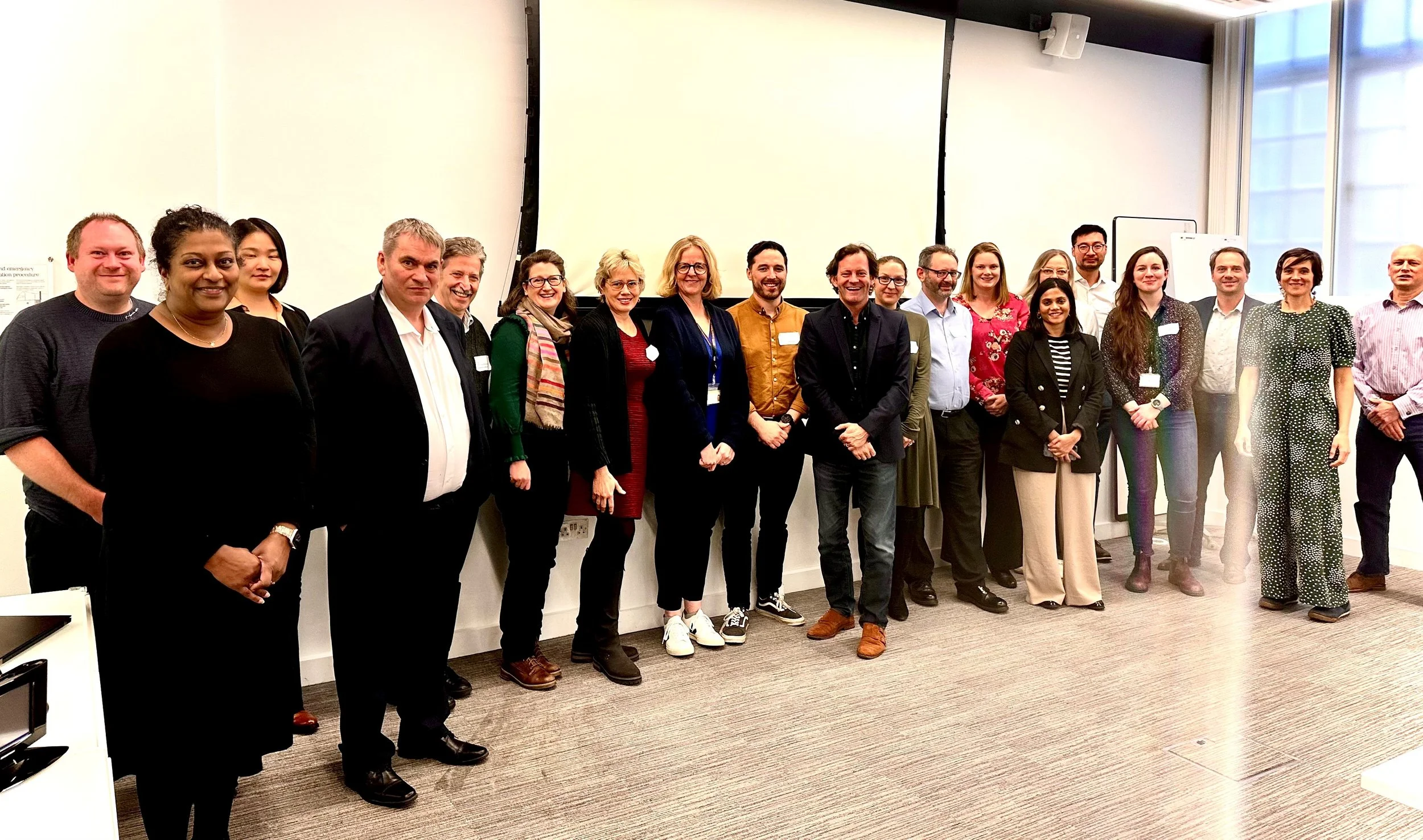Evaluating System-Level AMR Needs: A Clinical Perspective
On October 4th, 2024, the EPSRC Digital Health Hub for Antimicrobial Resistance (AMR) hosted a full-day workshop titled Evaluating System-Level AMR Needs: A Clinical Perspective.
The event, led by Dr. Colin Brown and Dr. Russell Hope from the UK Health Security Agency, was a part of the Hub’s ‘System-Level Needs’ objective, which focuses on fostering cross-sector collaboration to accelerate the development and adoption of digital health innovations aimed at improving AMR surveillance and antimicrobial stewardship.
The workshop aimed to break down silos and explore how digital innovations can be leveraged to tackle AMR. Specifically, it sought to understand the digital data needs for AMR prevention from a range of clinical stakeholders across sectors.
The first part of the workshop delved into the key challenges in AMR, including the integration of diagnostic testing data, the use of decision-making tools, Big Data, and the ethical and governance considerations surrounding data sharing. Additionally, participants explored how data could be used to drive actionable solutions. The second part of the workshop focused on developing practical solutions to these challenges.
Given the growing global concern around AMR and the UK government's national strategy on the issue, the workshop brought together a wide range of stakeholders. These included NHS clinicians, microbiologists, policymakers, public health experts, representatives from academia, devolved administrations, industry leaders, and members of medical regulatory boards. The insights gathered highlighted the complex landscape of addressing AMR through the strategic use of digital data, while also aligning with the government’s vision for a future-ready NHS outlined in the 10-Year Health Plan, which emphasises the transition from analogue to digital and from reactive care to preventative approaches.
These findings are integral to the UK Government’s 2024-2029 National Action Plan on Antimicrobial Resistance, where use of data for action is a core tenant.
We plan to publish the findings from this workshop and build on the valuable insights we gathered. We also recognise the importance of including additional voices that were not represented in this initial engagement, particularly those from the public. In the next phase, we will ensure that these perspectives are incorporated, strengthening our collective efforts to combat AMR.
